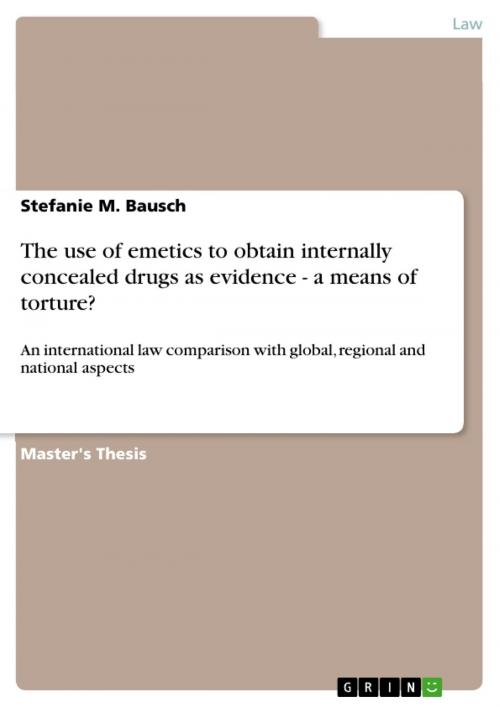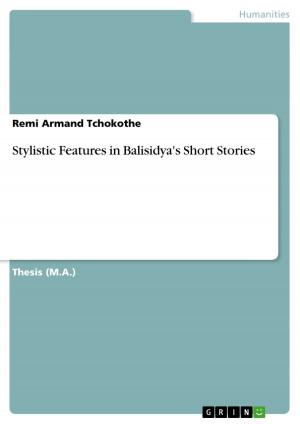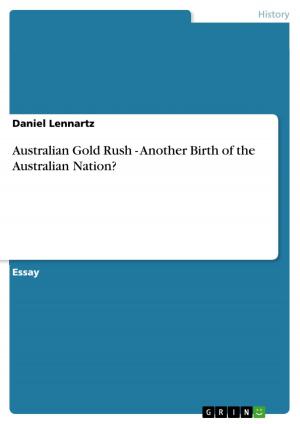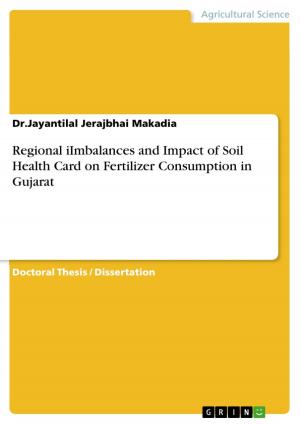The use of emetics to obtain internally concealed drugs as evidence - a means of torture?
An international law comparison with global, regional and national aspects
Nonfiction, Reference & Language, Law, International| Author: | Stefanie M. Bausch | ISBN: | 9783638428637 |
| Publisher: | GRIN Publishing | Publication: | October 16, 2005 |
| Imprint: | GRIN Publishing | Language: | English |
| Author: | Stefanie M. Bausch |
| ISBN: | 9783638428637 |
| Publisher: | GRIN Publishing |
| Publication: | October 16, 2005 |
| Imprint: | GRIN Publishing |
| Language: | English |
Master's Thesis from the year 2005 in the subject Law - European and International Law, Intellectual Properties, grade: 12 Points (magna cum laude), University of Mannheim, course: Master of Comparative Law (Mannheim/Adelaide), 84 entries in the bibliography, language: English, abstract: In some German states vomit-inducing medication is undertaken as a means to search and seize evidence in drug street dealings. Whenever a drug dealer swallows drugs upon arrest, a medical practitioner administers a so-called emetic which makes the suspect vomit and which allows the Police to seize the evidence. The thesis presents the legal basis and the constituent elements of this measure. It shows how the administration of the emetic takes place, where in Germany the method occurs and to what extent it is used. The thesis further compares the German measure to obtain evidence in cases of internal concealment with the Australian one. It shows that Australia, too, encounters problems of internal concealment and how Australian authorities react to such a challenge. The thesis moves on in examining whether the administration of a vomit-inducing medicament in order to obtain evidence is compatible with International Law. It scrutinises if the use of emetics is a means of torture and thus infringes the suspect's fundamental rights of human dignity and personal integrity. The thesis comes to the conclusion that the use of emetics does not amount to torture under Article 3 of the European Convention for the Protection of Rights and Fundamental Freedoms and Article 1 (1) of the United Nations Convention against Torture and Other Cruel, Inhuman or Degrading Treatment or Punishment.
Master's Thesis from the year 2005 in the subject Law - European and International Law, Intellectual Properties, grade: 12 Points (magna cum laude), University of Mannheim, course: Master of Comparative Law (Mannheim/Adelaide), 84 entries in the bibliography, language: English, abstract: In some German states vomit-inducing medication is undertaken as a means to search and seize evidence in drug street dealings. Whenever a drug dealer swallows drugs upon arrest, a medical practitioner administers a so-called emetic which makes the suspect vomit and which allows the Police to seize the evidence. The thesis presents the legal basis and the constituent elements of this measure. It shows how the administration of the emetic takes place, where in Germany the method occurs and to what extent it is used. The thesis further compares the German measure to obtain evidence in cases of internal concealment with the Australian one. It shows that Australia, too, encounters problems of internal concealment and how Australian authorities react to such a challenge. The thesis moves on in examining whether the administration of a vomit-inducing medicament in order to obtain evidence is compatible with International Law. It scrutinises if the use of emetics is a means of torture and thus infringes the suspect's fundamental rights of human dignity and personal integrity. The thesis comes to the conclusion that the use of emetics does not amount to torture under Article 3 of the European Convention for the Protection of Rights and Fundamental Freedoms and Article 1 (1) of the United Nations Convention against Torture and Other Cruel, Inhuman or Degrading Treatment or Punishment.















